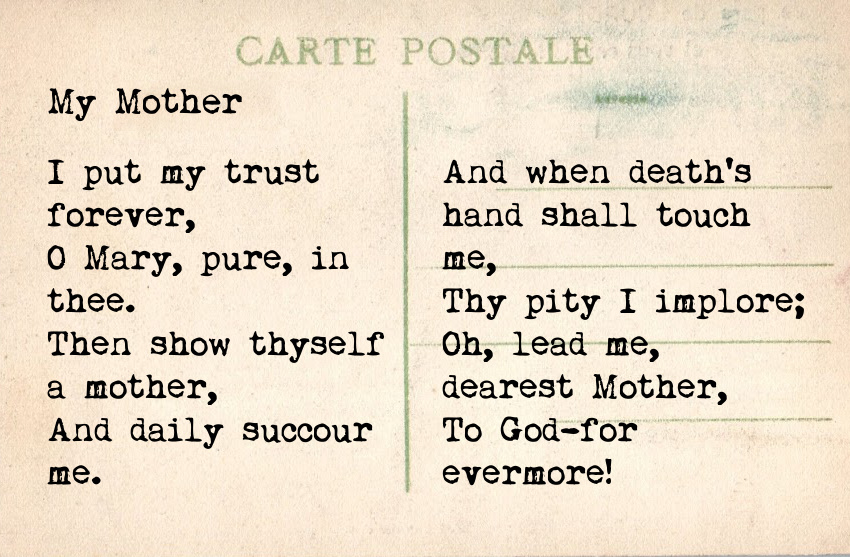
Chapter 22 describes the events of February 23 at Lourdes, where Bernadette Soubirous experiences her seventh apparition. During this vision, the Virgin Mary reveals a secret to Bernadette, which she keeps to herself. Bernadette's demeanor is described as peaceful and radiant, drawing even more attention and reverence from those gathered at the Grotto. The chapter highlights the growing significance of Bernadette's visions, with more people believing in the miraculous nature of her experiences.
Find more chapters here.
DURING the whole morning after the Mass, and up to the hour of Vespers, nothing was bruited abroad at Lourdes but these strange events, of which, as might be expected, the most opposite interpretations were given. To those who had seen Bernadette in her state of ecstacy, proof had appeared in a form which they asserted to be irresistible. Some of them illustrated their convictions with not inappropriate comparisons.
“In our valleys the Sun displays itself late, concealed as it is towards the East, by the Peak and the mountain of Ger. But, long before we can see it, we can remark in the West, the reflection of its rays on the sides of the mountains of Bastsurguères, which become resplendent, while we are still in the shade; and then, although we do not actually see the sun, but only the reflection of its rays on the declivities, we boldly assert its presence behind the huge masses of the Ger. “Bastsurguères sees the sun,” we say, “and, were we on the same level as Bastsurguères, we should see it also.” “Well it is precisely the same thing when we gaze on Bernadette lighted up by this invisible Apparition: the certainty is the same, the evidence altogether similar. The countenance of the youthful Seer appears all at once so clear, so transfigured, so dazzling, so impregnated with divine rays, that this marvelous reflection which we perceive gives us full assurance of the existence of the luminous center which we do not perceive. And, if we had not in ourselves to conceal it from us, a whole mountain of faults, wretchedness, material pre-occupations, and carnal opacity,—if we, also, were on a level with the innocence of childhood, this eternal snow never trodden by human foot, we should see actually, and not merely reflected, the object contemplated by the ravished Bernadette, which, in her state of ecstacy, sheds its rays over her features.”
Reasoning such as this, excellent perhaps in itself, and conclusive for those who had witnessed this unheard-of spectacle, could not satisfy those who had not seen anything. Providence—supposing it really to have taken a part in these proceedings—must, it would appear, confirm its agency by proofs, which, if not better (for scarcely any one resisted these after having experienced them), should at least be more material, continuous, and, in some measure, more palpable to the senses.
It may be, the profound design of God tended that way; and, that His object in calling together such vast multitudes was to have, at the necessary moment, a host of unobjectionable witnesses.
At the conclusion of Vespers, Bernadette left the church with the rest of the congregation. She was, as you may well imagine, the object of general attention. She was surrounded and overwhelmed with questions. The poor child was distressed by this concourse of people, and, having returned simple answers, endeavored to get through in order to return home.
At that moment, a man in the uniform of the police, a Sergent de Ville, or officer of the police, approached her and touched her on the shoulder.
“In the name of the law,” said he.
“What do you want with me?” inquired the child.
“I have orders to arrest you and take you with me.”
“And where?”

No comments:
Post a Comment